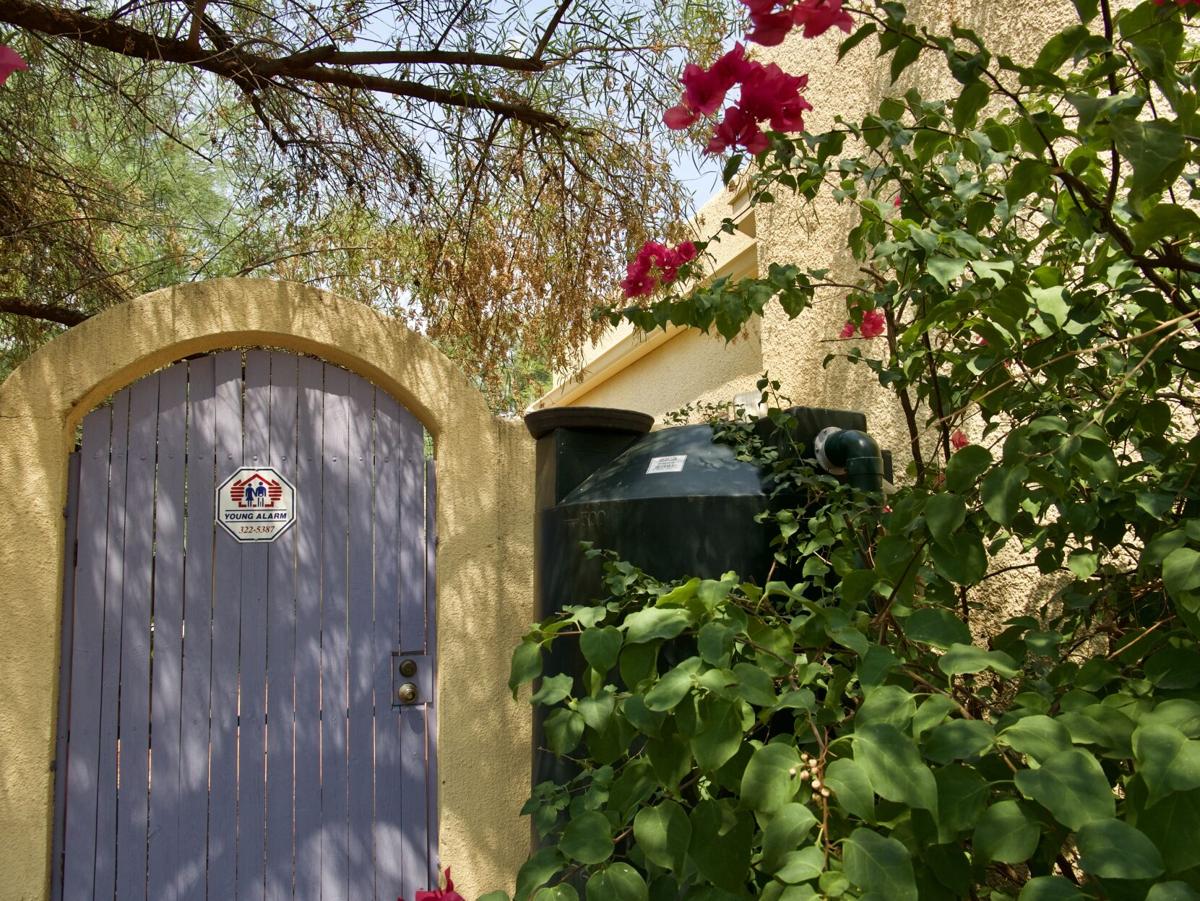Most gardeners love nature. We nurture plants, design little ecosystems, and grow food. We like to feel like we’re still part of nature despite living in a developed area. But gardening practices have not always been very nature-friendly.
As gardeners, we can do our part to reduce our environmental impact. Here are some easy ways to do that. And the bonus is that it will save you both money and effort!
Purchase plants and seeds that have not been treated with pesticides. Many of the systemic pesticides stay in the plant and in the environment for months to years. Neonicotinoid pesticides, in particular, are linked to mass die-offs of bees and other beneficial insects. They have concerning health effects on vertebrate animals such as birds, deer and other animals. Practice integrated pest management to control any pests in your garden, and keep your plants healthy--that’s their best defense against pests. You can get plants and seeds that haven’t been treated with pesticides at the following places:
- Spadefoot Nursery does not use any pesticides in any of their products.
- Tohono Chul Greenhouse sources their plants from different growers; ask the nursery staff which ones are safe for pollinators
- Borderlands Restoration has seeds and plants available.
- For wildflower seeds that are pesticide free, check out Native Seed/SEARCH and Westwind Seeds
Get supplies in bulk rather than in individual plastic bags. This will save you money as well as reducing your plastic use. Unfortunately, the plastic we sort into our recycling bins can end up in the landfill so any reduction in your plastic use will make a large impact. Tank’s Green Stuff offers bulk delivery on their mulch, compost, and other products. You can always spilt a bulk order with friends, neighbors, or family to save more money.
Plant natives. These plants are adapted to our climate and will require the least water and other resources, again saving you money. A number of nurseries in town sell native plants, including:
Reduce your water use. As much as 70 percent of our treated residential drinking water goes to landscape plants. There are a number of ways to reduce this number; harvesting rainwater, using graywater and planting desert-adapted plants are a great start, as is getting rid of any water hogs (like lawns) in your yard. The City of Tucson offers rebates for installation of rainwater harvesting systems and graywater systems. The city also has a helpful brochure on reducing your water use at home which includes outdoor watering tips.
Use water-permeable hardscaping in your yard. This allows water to be absorbed into the soil beneath the hardscaping rather than flowing off and adding to the millions of gallons that end up in our water treatment plants or —during heavy storms — in our streets. Urban water runoff not only contributes to water waste and flooding, it also results in water pollution when it flows into our rivers. You can use pavers, gravel, and other similar water-permeable materials instead of impermeable concrete and asphalt.
Don’t use peat moss or products (such as some potting soils) that contain it. Peat moss is used in gardening to add acidity and bulk to soil and to increase its water-holding capacity. Peat is mined from wetlands, and is not a renewable resource. The wetlands take thousands of years to recover, and for all intents and purposes that ecosystem is gone forever. The process of mining the peat moss also releases greenhouse gases such as methane into the atmosphere. Coconut coir is a very sustainable alternative. It is a waste product of coconut harvesting and has been shown to perform as well as peat moss.
Use compost or organic fertilizers such as chicken manure instead of artificial fertilizers. Artificial fertilizers are not as nutritious for your plants, and tend to damage the microbiome of the soil. They also require a lot of fossil fuel energy to produce. Your own compost is best (stay tuned for an article on how to compost in the desert) but you can also get it at Tank’s Green Stuff.
Reuse your nursery pots, or return them to the nursery for reuse. Desert Survivors, Mesquite Valley Growers, Bach’s Cactus and Rillito Nursery and Garden Center are among the local nurseries that take these pots back and reuse them.
Reduce your nighttime outdoor lighting. It can affect both plants and animals. Effects range from changing plant fruiting and blooming times to adverse effects on bird migration, animals, and insect populations. If you’re concerned about safety, note that brighter or more plentiful lighting is not necessarily safer. Use dark-sky friendly outdoor lighting and turn it off in the evenings, and use motion sensors for security lights so that they switch off after a set period of time. The International Dark Sky Association has some great resources and can take you through the steps to improve your outdoor lighting.





